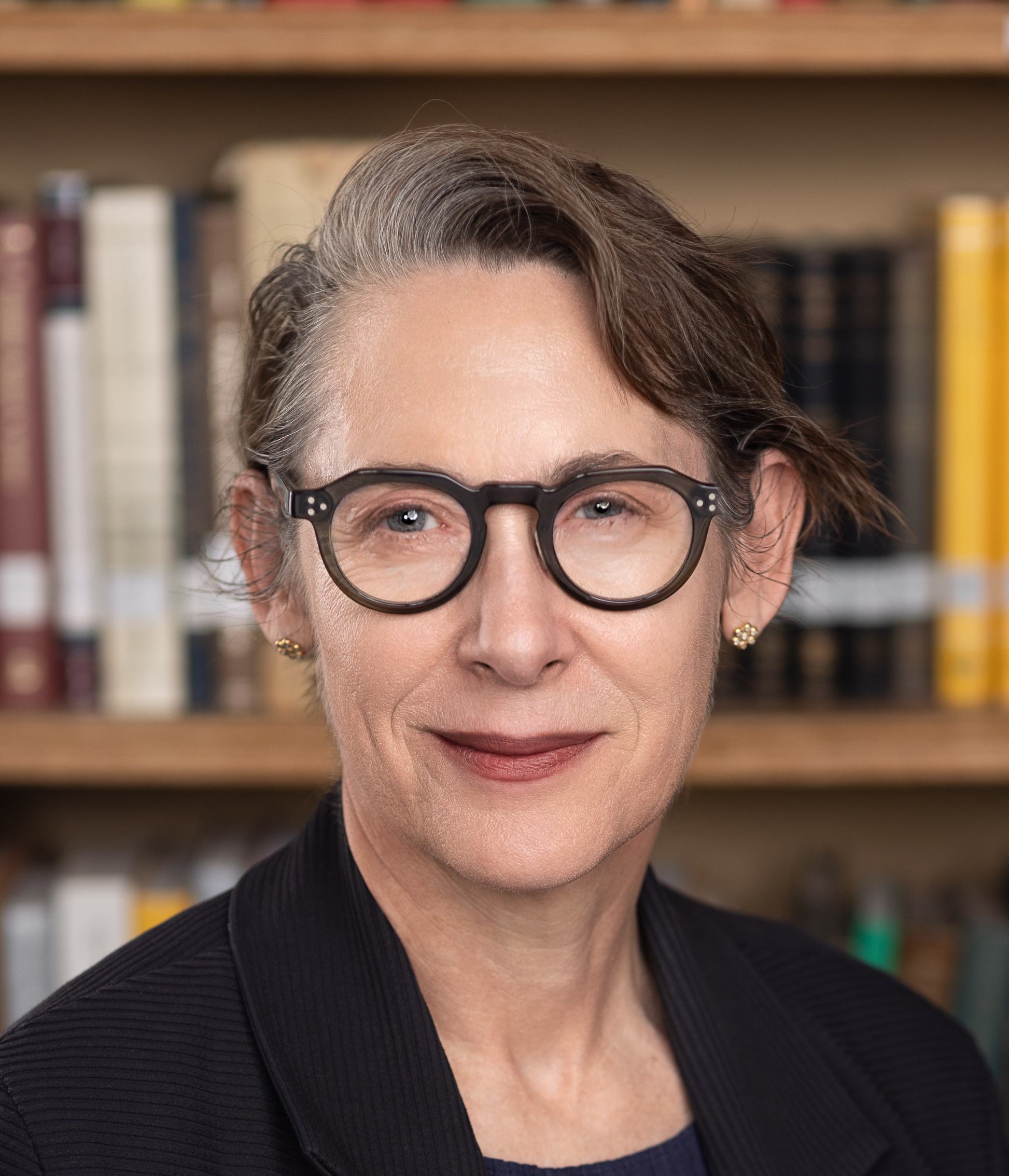
Penelope Deutscher is Joan and Sarepta Harrison Professor of Ethics and Justice, Department of Philosophy and Associate Director, Critical Theory at Northwestern University, Evanston, IL, USA
Research project title: Revocability: Rights After Roe and Foucault
Funded by: Alexander von Humboldt Foundation
Research abstract
The revoking of Roe v. Wade in the United States has been characterized as an exercise in raw power. But “what kind of power?” In answer, this project argues for an expansion of the concept of revocability. It corresponds to a conditional form of rights-bearing: of which a paradigm is the “good conduct” expectations that are differentially imposed, particularly on those who were historically excluded from fundamental rights grounded in citizenship and voting rights. As a result, “normal” rights-bearing can, by contrast, be construed as a form of exemption (with the result that in this case, non-fulfillment of a norm, paradoxically, exemplifies that norm). As a result this argument is an occasion to revisit arguments concerning paradoxes of rights, through a post-Foucauldian grammar of power that centers on a revised lexicon of terms including: qualification, exception, and exemption, rights-less decriminalization, and “elsewhere” rights.
Photo Copyright: Dan Komoda
-
Biografische Angaben
Penelope Deutscher is Joan and Sarepta Harrison Professor of Ethics and Justice at Northwestern University where she is also Associate Director of its Critical Theory Cluster. She is the author of publications at the intersections of twentieth century French philosophy, and critical race, gender, and sexualities studies, with a current focus on reproductive biopolitics. She has been the awardee of research fellowships at the Institute of Advanced Studies (Princeton); the IFK (Vienna), the University of Sydney, the Institute of Advanced Study (Durham) and the University of Sydney (Expatriate Scientists Award), and of grants from the Australian Research Council, the Alexander von Humboldt-Stiftung and (as joint-PI) the Mellon Foundation. -
Publikationen
- “Revocability, Exception, Disqualification: Grammars of Power after Dobbs,” Critical Times 7.1 (2024): 66-93.
- “Plurigenealogies: Marriage and Address to Women in Foucault’s Confessions of the Flesh,“ European Journal of Philosophy31.3 (2023): 820-835. https://doi.org/10.1111/ejop.12899
- “Qualifizierende Disqualifizierung und ihre Umkehrungen: Macht nach Foucault und die Verteilungen von Unvermögen,”Deutsche Zeitschrift für Philosophie 70.2 (2022): 195-225.
- “Auto-repugnancy: In-between Freud’s Pleasure Principle," Psychoanalysis, Culture & Society 25 (2020): 518-536.
- Foucault’s Futures: A Critique of Reproductive Reason, New York: Columbia University Press, 2017. (2019).

